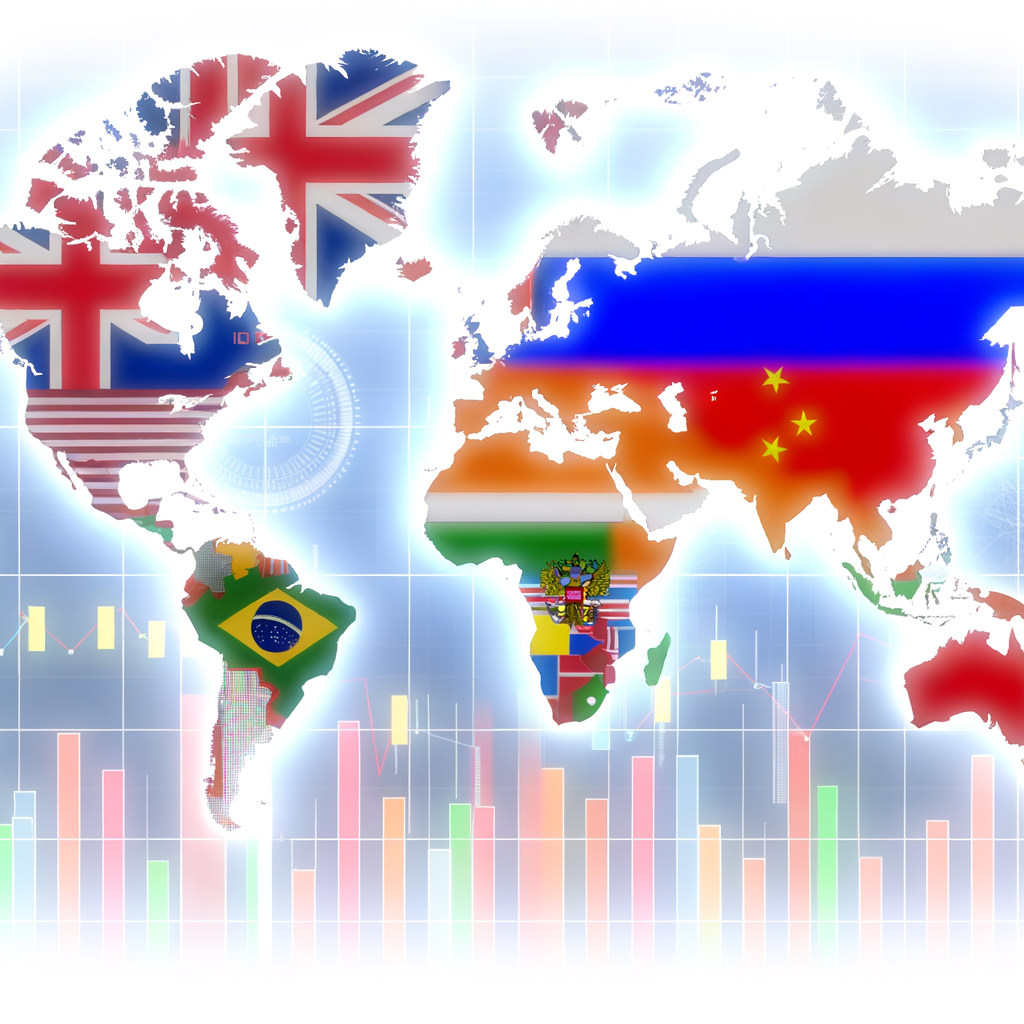Understanding BRICS and Commonwealth Impact on Foreign Policy
The evolving global stage presents intricate challenges and opportunities for nations as they navigate foreign policy. One pivotal space in this arena is the intersection of BRICS and the Commonwealth, two influential international groups. This week, significant developments in these entities have profound implications for governmental foreign policies, including that of the UK.
BRICS: A Growing Influence
BRICS—an acronym for Brazil, Russia, India, China, and South Africa—has consistently gained prominence as a collective aiming to reshape the global economic landscape. Together, these countries represent a significant portion of the world’s population and economic output.
- Economic Powerhouse: BRICS nations contribute approximately 23% of global GDP, a statistic that underscores their pivotal role in the global economy.
- Political Clout: Beyond economic influence, BRICS has positioned itself as a formidable political bloc pushing for multipolarity in international relations.
As these countries continue to strengthen their ties, it poses both challenges and strategic opportunities for other nations. The UK, in particular, must recalibrate its foreign policy to engage effectively with BRICS as it makes strides in areas like development finance, sustainable investment, and digital economic policies.
The Commonwealth: A Historical Connection
The Commonwealth, consisting of 56 nations with historical ties to the British Empire, remains a vital platform for promoting democracy, peace, and prosperity. Despite its historical roots, the Commonwealth must navigate modern challenges to remain relevant.
- Shared Values: The Commonwealth emphasizes values such as democracy, human rights, and sustainable development.
- Economic Cooperation: Collectively, Commonwealth countries account for a substantial share of global trade and investment.
For the UK, the Commonwealth represents both a traditional alliance and a contemporary opportunity to foster economic and diplomatic relationships, particularly after Brexit. Engaging with Commonwealth countries can provide an avenue for the UK to assert its global influence while promoting shared values and objectives.
Implications for UK Foreign Policy
In light of these developments, UK foreign policy must adapt to address the dual challenges and opportunities presented by BRICS and the Commonwealth.
Strategic Engagement with BRICS
– **Diplomatic Dialogues:** The UK must engage in constructive dialogues with BRICS nations to explore opportunities for cooperation in areas like technology, climate change, and trade.
– **Investment Opportunities:** Identifying and capitalizing on investment opportunities within BRICS countries can help the UK enhance its economic footprint.
Strengthening Commonwealth Ties
– **Trade Agreements:** The UK should work towards establishing and strengthening trade agreements with Commonwealth nations to boost economic ties post-Brexit.
– **Cultural and Educational Exchanges:** Promoting cultural and educational exchanges can help fortify the UK’s relationship with Commonwealth countries, fostering mutual understanding and cooperation.
Conclusion
The dynamic interplay between BRICS and the Commonwealth presents a unique set of challenges and opportunities for the UK and its foreign policy. By strategically navigating these international landscapes, the UK can harness the potential of these influential groups to bolster its global standing. With proactive and nuanced engagement, the UK can effectively respond to the shifting global order, ensuring that its foreign policy remains robust and adaptive in the face of new challenges.



